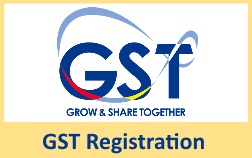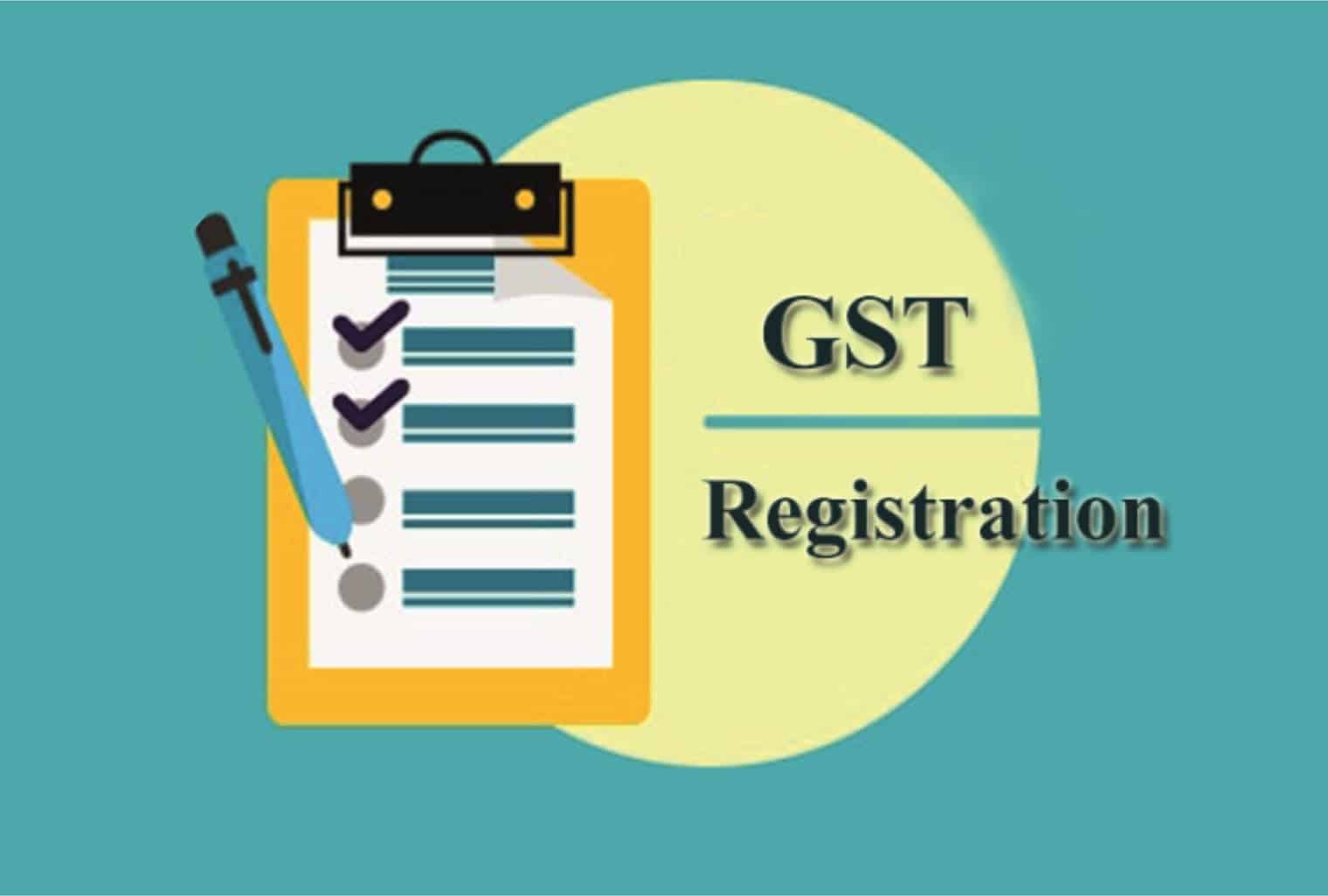Simplifying Your Singapore GST Registration: A Detailed Strategy
Simplifying Your Singapore GST Registration: A Detailed Strategy
Blog Article
Browsing the Complexities of GST Registration: Professional Tips and Best Practices for Smoother Conformity
From decoding enrollment needs to using technological devices for structured processes, the journey towards smoother GST compliance is multifaceted and nuanced. Keep tuned to discover crucial strategies and insights that can aid companies steer through the intricacies of GST enrollment with finesse and confidence.
Comprehending GST Enrollment Needs

Along with turn over limits, services participating in interstate sales or offering taxed services may likewise be called for to sign up for GST, even if their turnover is listed below the prescribed restriction (Singapore GST Registration). Recognizing these needs and thresholds is important to prevent charges and make sure smooth operations within the lawful framework
Moreover, organizations have to gather and prepare the needed paperwork, such as evidence of identification, address, service incorporation, and bank account information, before starting the GST registration process. Failing to offer precise information or meet the registration deadlines can result in fines or other lawful effects. Therefore, companies need to remain informed regarding the particular GST enrollment requirements relevant to their procedures to maintain conformity and prevent prospective issues.
Organizing Necessary Documents
Businesses starting the GST registration procedure should thoroughly assemble and arrange the vital documentation needed for entry. The vital papers commonly required for GST enrollment include proof of business enrollment or identification, address and incorporation evidence of business owners or partners, checking account information, evidence of principal workplace, and authorization types. Making sure that these documents are conveniently available and organized can improve the registration process and stop delays or rejections.
To properly organize crucial documents, companies must create a centralized system for saving and classifying the needed documents (Singapore GST Registration). Making use of electronic storage space options can help maintain simple access and make sure that papers are firmly kept. In addition, developing a checklist of all needed records can work as a useful device to track what has been collected and what is still required for submission

Leveraging Technology for Effectiveness
Enhancing functional efficiency with technical assimilation is critical for contemporary companies navigating the complexities of GST registration. Leveraging modern technology can simplify processes, reduce errors, and ensure timely compliance with GST laws. Among the crucial means technology can help in GST enrollment is with the usage of automated software program services. These tools can aid organizations track sales, generate billings, calculate taxes, and submit returns properly. By automating these tasks, businesses can anonymous save and lessen manual mistakes time that would otherwise be invested in repetitive management work.
Furthermore, technology can help with seamless communication with tax authorities. Online sites and interaction tools make it possible for services to submit documents, deal with inquiries, and obtain updates in a much more reliable fashion. This not only speeds up the registration procedure however additionally aids in keeping dependable and transparent interaction with the relevant authorities.
Additionally, cloud-based storage space solutions provide a safe platform for organizations to shop and access their financial information, making sure compliance with GST record-keeping requirements. By streamlining data storage space and automating procedures, services can boost their overall performance and accuracy in GST registration treatments.
Proactive Conformity Monitoring

To guarantee reliable proactive compliance surveillance, services should develop robust interior controls, conduct periodic audits, and leverage automation devices for real-time monitoring of GST purchases. Normal training sessions for staff members on GST compliance demands can also assist in producing a society of compliance within the company. In addition, involving with tax obligation experts or professionals can provide useful insights and support on navigating intricate GST laws.
Involving With Specialist Specialists
Involving experienced tax specialists can significantly strengthen a firm's understanding and conformity with complex GST regulations. Professional consultants bring a wealth of knowledge and experience to the table, helping services navigate the intricacies of GST enrollment with ease. By leveraging their know-how, companies can make sure exact filings, websites minimize the danger of mistakes, and remain updated with the most recent regulatory modifications.
When involving with expert specialists, it is vital to select official statement experts with a solid track record in GST compliance (Singapore GST Registration). Search for specialists that have a deep understanding of the appropriate laws and policies, as well as experience functioning with services in your industry. Efficient communication is type in this partnership, so ensure to plainly specify your assumptions and develop normal touchpoints to go over progression and address any kind of issues
Additionally, expert specialists can provide valuable insights and advice on optimizing your tax method, recognizing possible cost-saving chances, and streamlining your conformity processes. Generally, spending in expert consultancy services can go a long means in guaranteeing smoother GST conformity and avoiding pricey errors.
Final Thought
Finally, browsing the complexities of GST enrollment requires a thorough understanding of the needs, company of crucial documents, leveraging modern technology for performance, proactive conformity surveillance, and engagement with specialist specialists. By following these best techniques, businesses can make sure smoother compliance with GST guidelines and stay clear of prospective charges or fines. It is important to remain informed, proactive, and diligent in taking care of GST registration to preserve compliance and support financial integrity.
To make certain compliance with tax obligation laws, businesses need to extensively understand the detailed demands for GST enrollment. Product and Provider Tax Obligation (GST) is a value-added tax obligation levied on most products and solutions in a country, making it essential for organizations to sign up for GST to prevent legal consequences.Additionally, businesses need to gather and prepare the essential paperwork, such as evidence of identity, address, company incorporation, and bank account details, prior to starting the GST registration process. Services should stay informed concerning the particular GST registration demands relevant to their procedures to keep conformity and prevent potential issues.
The crucial records typically required for GST enrollment include proof of company enrollment or consolidation, identification and address evidence of the business proprietors or companions, bank account information, evidence of primary area of business, and consent types.
Report this page